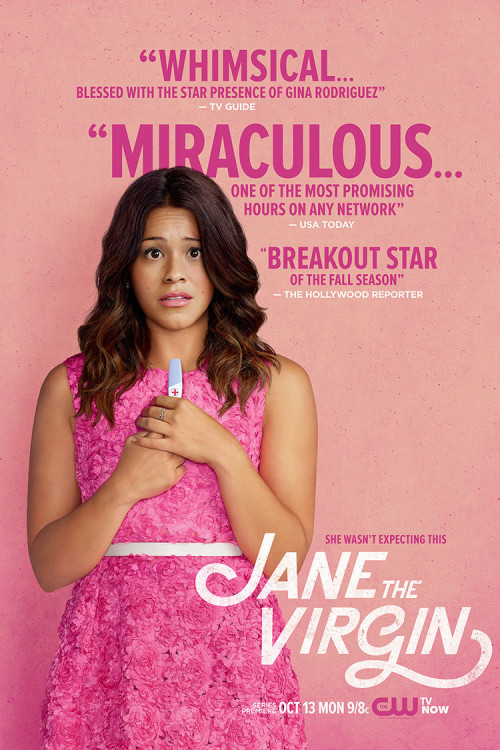Written by Max Thornton.
The Virgin Mary is a complicated figure in the feminist imagination. The classic feminist critique is that, as virgin and mother, she simultaneously embodies the two contradictory patriarchal idealizations of women. As the most prominent female figure in the mainstream Catholic tradition, Mary becomes the standard against which all women are measured; but, being unable to be simultaneously virgins and mothers, women are doomed to failure from the get-go.
There’s something to this critique, especially if you only consider the top-down decrees of an all-male church hierarchy, but it’s absolutely not the whole story. From early Christian converts, who were able to impute to Mary some of the characteristics of goddesses they had previously revered, to the transgressive folk Mariology of twentieth-century Latin America described by queer theologian Marcella Althaus-Reid, Christian history is rife with Marys who are considerably more nuanced and complex than a mere idealized virgin mother.

The CW’s new show Jane the Virgin is a folk Mariology for the twenty-first century, and in a lot of ways it’s a pretty great one. Perhaps the show was initially been pitched and greenlit on the basis of its absurd and contrived premise – a pregnant virgin! who is artificially inseminated by mistake! – but, just like with the Virgin Mary of Christian myth, you’d be missing out on a lot of fascinating nuance if you disdain it purely because it’s fantastical.
Like the Mary of Christian tradition, Jane is an idealized woman on paper: chaste, engaged to a good man, committed to her faith, and determined to live an upright life. At the urging of her devout abuela, Jane takes a childhood vow of chastity until marriage, but a mix-up at the gynecologist’s results in a virginal pregnancy. Jane may be a pregnant virgin who tries to adhere to traditional morality, but she is definitely not the Virgin Mary reborn. She has no intention of remaining a virgin in perpetuity like the sainted Mary of Catholicism, and she plans to relinquish the baby to its intended parents; her own conception to an unwed teen mother was far from immaculate; so far from sticking heroically by her, her fiancé proves to be kind of a douche. Sharp writing and superb acting from the delightful Gina Rodriguez combine to portray Jane much more sympathetically and realistically than some of the hyper-idealized images of a perfect, sinless Mary.

In its haste to focus on the baby Jesus, Christianity has too often reduced Mary to a passive receptacle, an incubator who performs her reproductive function with the minimum of fuss, a reactive figure whose greatest display of agency is to accept the reproductive coercion of the supernatural. Jane the Virgin isn’t about the fetus, and it certainly isn’t about being a passive receptacle. The show’s real coup is its emphasis on the agency of a woman who is a victim of reproductive coercion. In a political climate of dramatic assaults on reproductive freedom, it’s not hard to see Jane’s accidental insemination as a general-audience-friendly version of the reproductive coercion that people with uteri face from a whole array of actants, including the anti-choice lobby, intimate partner violence, and economic instability. Jane is thrown into a reproductive situation which she wouldn’t have chosen, and the show takes her quandary seriously: how does she feel? What does she do next? How does this affect her career plans, her relationships with those around her, her self-conception?
I’d like to see Jane the Virgin take its interrogation of hierarchical Mariology further. I want to see a deconstruction of the whole meaningless concept of virginity (and perhaps the show is headed that way, with Jane gradually coming to acknowledge that her worth as a human being is not tied to her sexual activity or lack thereof). And I want to see a critical engagement with Abuela’s Catholicism, which, despite being both profoundly resonant theme and plot driver, remains fairly one-dimensional, being characterized primarily by exhortations to sexual purity and a vapid insistence that “God never gives us more than we can handle.”

There are plenty of other reasons to love Jane the Virgin. Nearly every character is Latin@ and there are a lot of well-rounded female characters (including queer Latina women). Arguably the central relationship is that of Jane and her mother Xiomara, which is complicated and wonderful. The show has a jocular self-awareness of its frequent silliness without being mean-spirited about the telenovelas from which it derives, especially in the glorious character of fictitious telenovela superstar Rogelio de la Vega. It also has the best use of a TV voiceover since Arrested Development.
Only seven episodes have aired so far, with the eighth due to air next Monday. In those seven hours, Jane the Virgin has proved itself to be one of the best new shows on TV. Long may it continue.
__________________________________________
Max Thornton blogs at Gay Christian Geek, tumbles as trans substantial, and tweets at @RainicornMax. He’s never happier than when he can combine talking about pop culture, theology, and feminism.

2 thoughts on “Folk Mariology in ‘Jane the Virgin’”
Comments are closed.